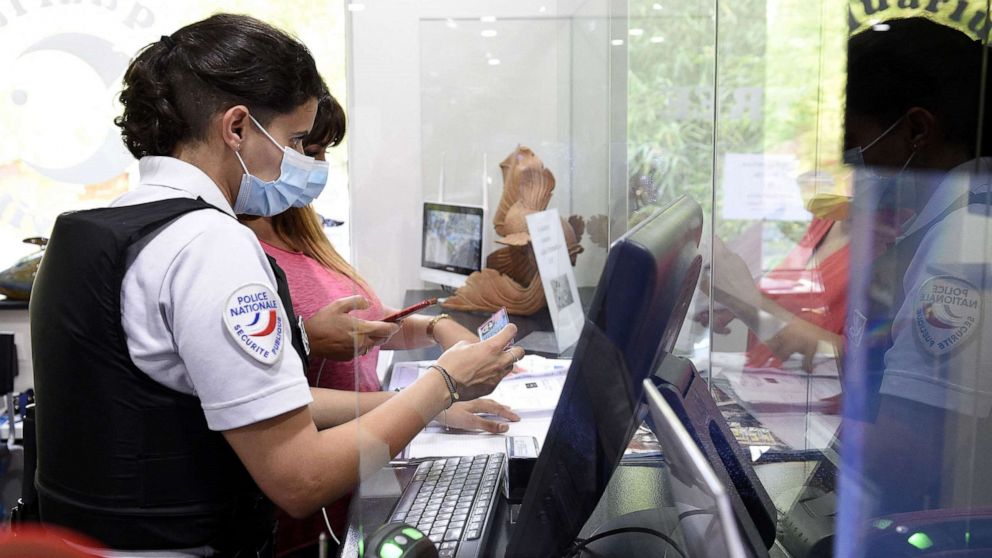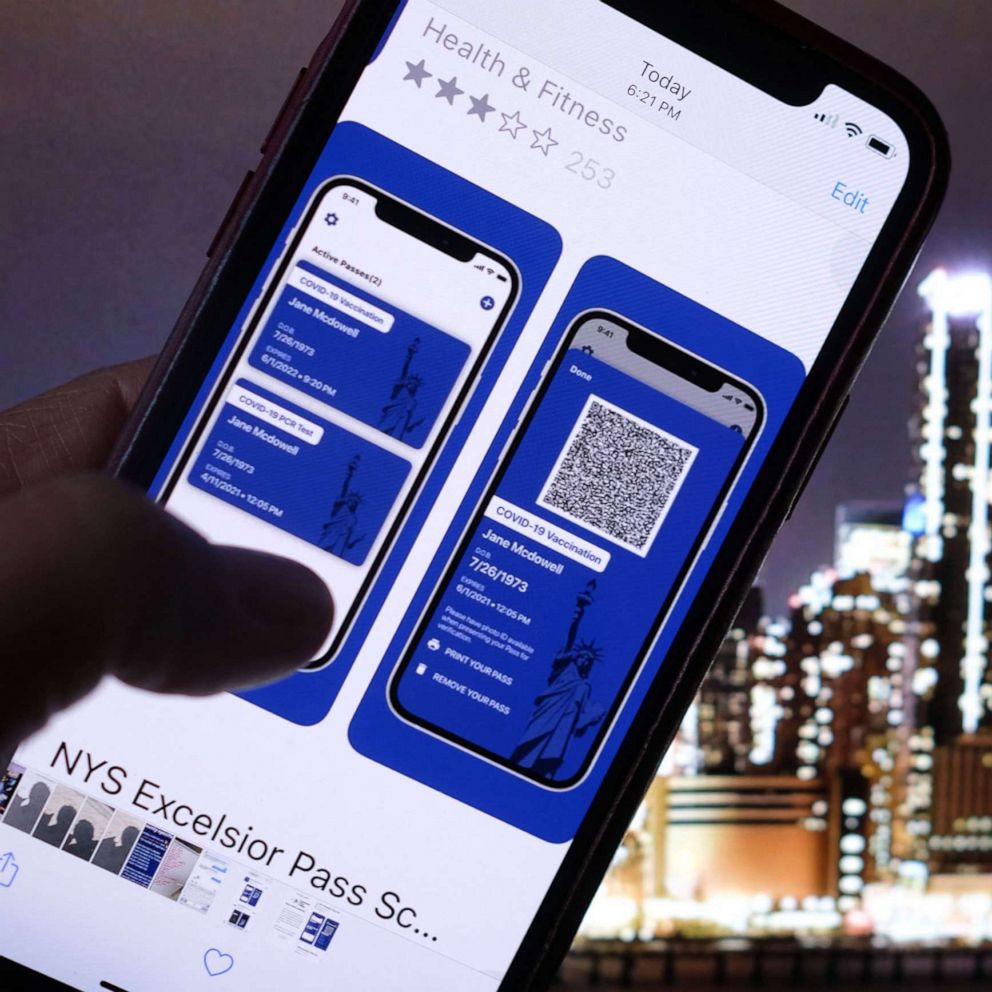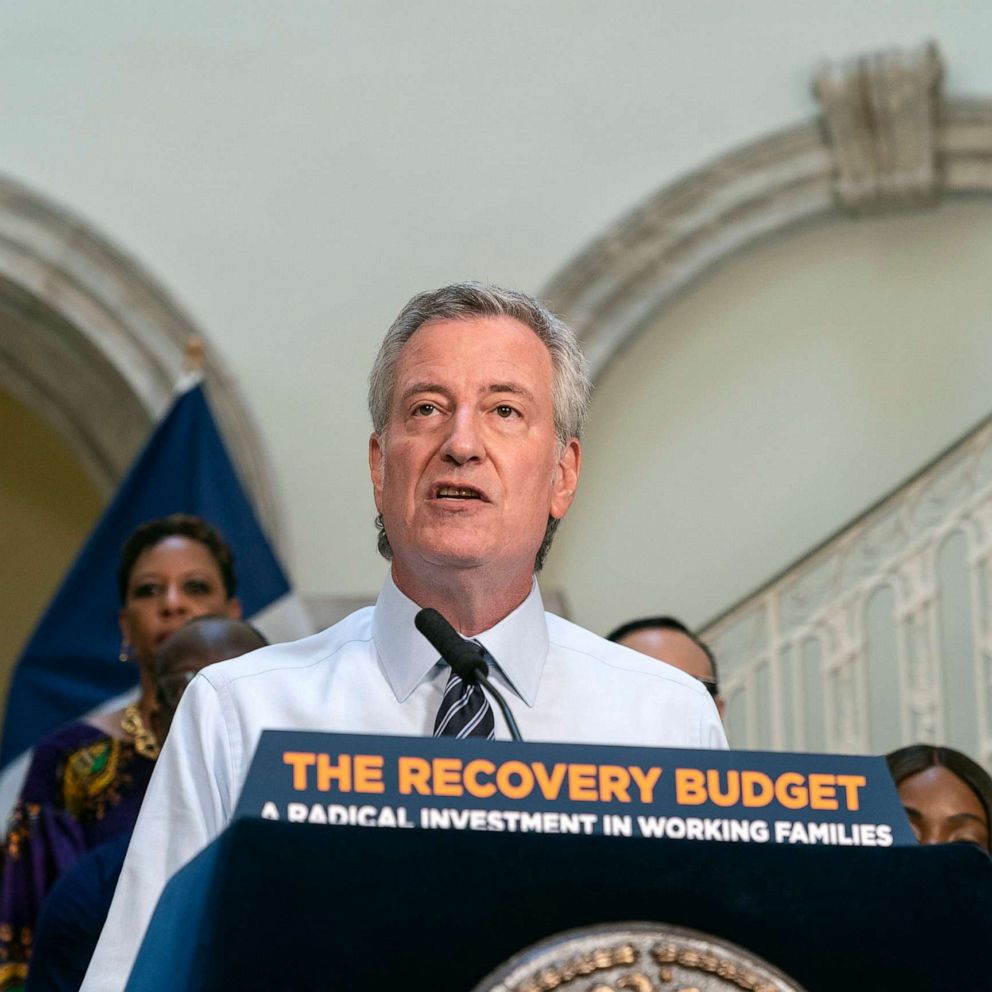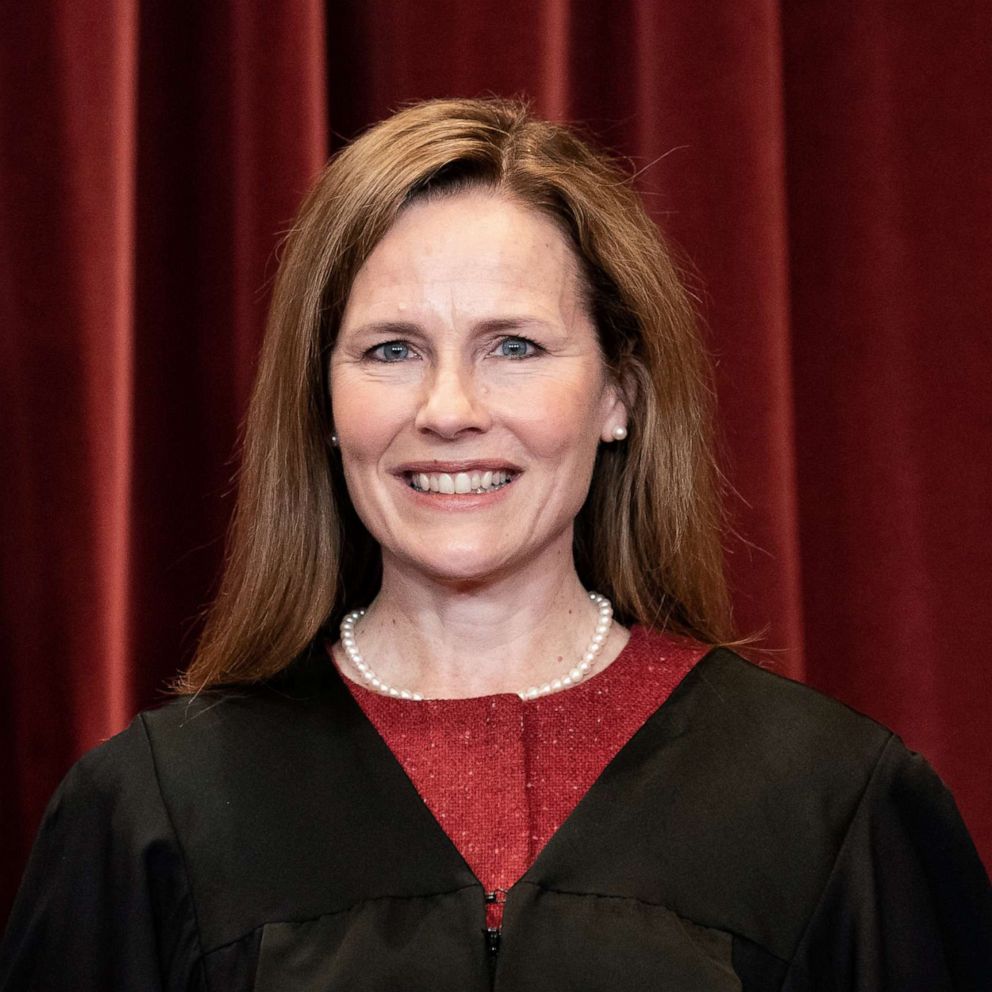New York City eyes French 'health pass' vaccination policy
New York Mayor Bill de Blasio appeared on Friday to entertain the possibility of implementing vaccination passports in the nation's largest city.
The mayor, who had previously said vaccine passports could be an important tool if balanced with privacy concerns, encouraged businesses "to move immediately to some form of mandate," adding that he would "seriously consider" a mandatory COVID pass for most social activities.
De Blasio compared New York to France, which announced this month that so-called "health passes" would be required for events or places that include 50 or more people, starting July 21, and for restaurants, cafes and stores starting in August. Patrons also can show a proof of a negative COVID-19 test taken in the previous 48 hours to gain entry.
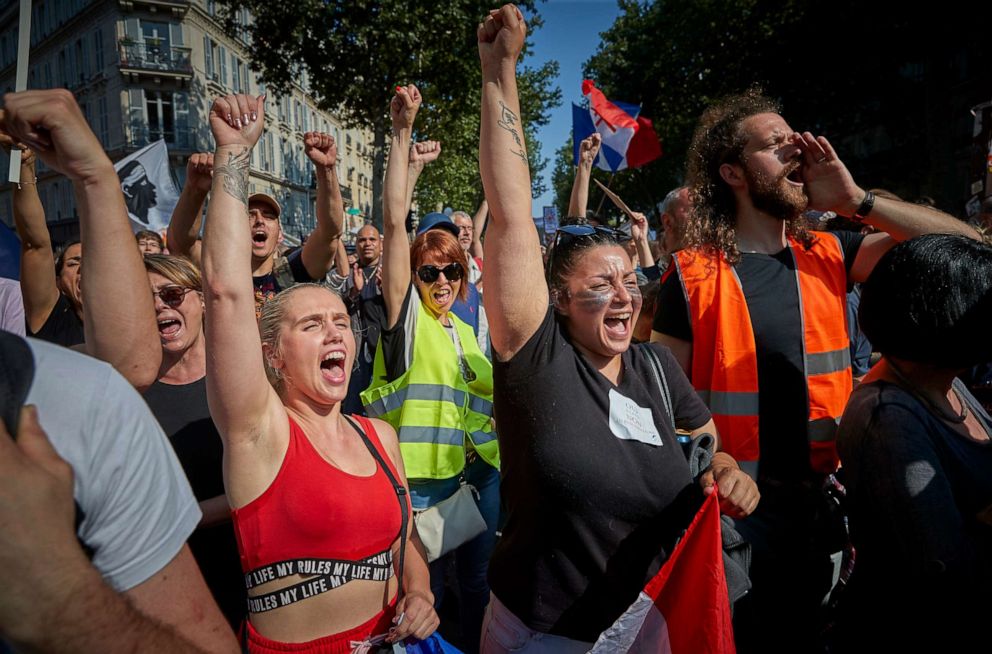
"We have to look at making it more appealing to get vaccinated, because there are only things you can do when you're vaccinated," de Blasio said during an interview with WNYC Friday.
So far in France, the newly announced health passes appear to have spurred an uptick in both vaccinations and anti-vaccine demonstrations. One day after President Emmanuel Macron's televised July 12 address announcing the system, more than 1 million French people made vaccine appointments, with the majority of those being made by people younger than 35, according to The Associated Press.
Health workers in France, where at least 111,778 people have died from COVID-19, according to data from Johns Hopkins University, will be required to get vaccinated by Sept. 15, according to Macron.
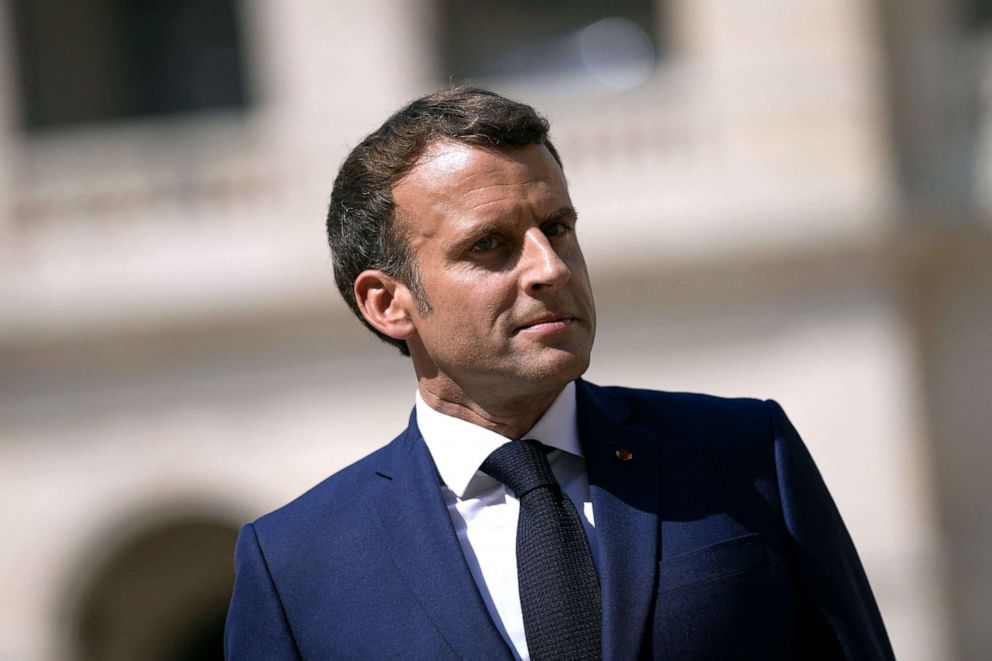
As of Thursday, 58% of French residents had received at least one dose, and 44% were fully vaccinated, according to Our World in Data. By comparison, 56% of Americans had gotten at least one shot, and 49% were fully vaccinated, according to the Centers for Disease Control and Prevention.
At the same time, thousands of people in France took to the streets over the weekend to protest the health passes on the grounds that the rule was an overreach of Macron's power and an infringement of personal freedom, adding to longstanding tension. Even prior to the pandemic, the country had a strong thread of vaccine skepticism running through it.
Researchers on vaccine confidence surveyed more than 65,000 people across 67 countries in 2015 on their attitudes about vaccines. Based on those results, researchers deemed France, where 41% of respondents said they disagreed that vaccines were safe, the world's most vaccine-hesitant country. By comparison, the global average was 13%.
Some experts, however, have pushed back on France's reputation as an anti-vaccine nation. "There’s a very big difference between what the French say and what they do," Laurent-Henri Vignaud, a science historian and coauthor of the book "Antivax," told the Guardian in January. "And polls whose methodology and questions can seem abstract do not reflect what happens when people know where they will have the vaccine, what it does, the how, when and why."
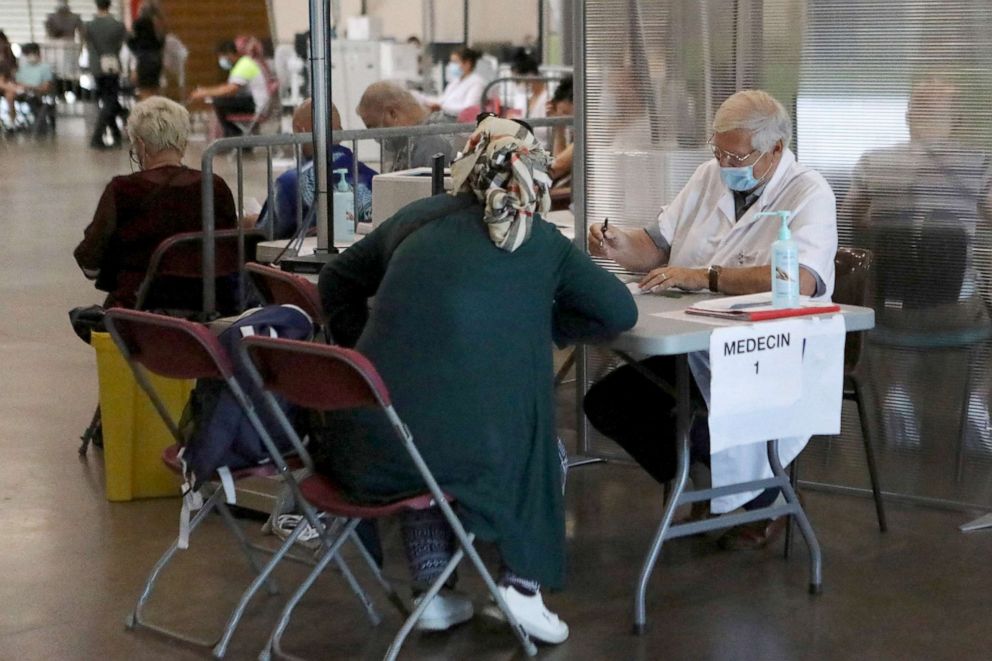
Some neighboring European countries seem similarly willing to take a hard line on compulsory vaccination. Italy announced that it would introduce its own mandatory health pass system starting Aug. 6.
ABC News' Aaron Katersky contributed to this report.
